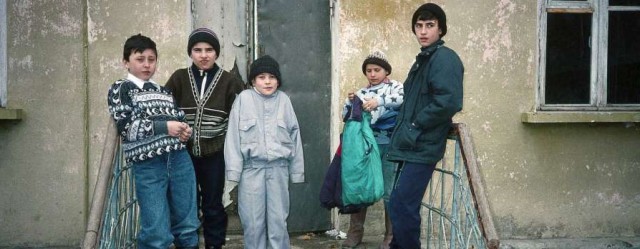The
inability to prove your own nationality can be a major obstacle in
realizing even the most basic of human rights. For example, in many ex-Yugoslav states,
all citizens of a certain age are required to hold a valid state-issued
identification card which is necessary for accessing a number of social
services. The application for the card requires documents
that a stateless or legally invisible person is unlikely to possess, such as
birth certificate and proof of citizenship. Without this card or other forms
of identification, living a normal life is difficult. In Macedonia, for
instance, ARKA writes that Roma without verifiable citizenship or birth certificates are denied
access to “education, health services, housing, formal employment, financial
services social security, justice, property rights, legal marriage, and
participation in the democratic process.”
And of course, without a passport, individuals are also restricted in
their freedom of movement.
The
problem has significance at systemic levels, as well. The lack of accurate
statistics on birth rates can mean insufficient budgetary allocations for
school and social welfare systems. Additionally, municipal planning policies
for housing and basic amenities such as water may be skewed by a lack of
official housing registrations. And when the government doesn’t have accurate
information about the population, employment policies also suffer. This is a
particular issue for populations who are vulnerable to employment
discrimination, as Roma often are.
The
repercussions also extend to democracy and public safety. Without
identification, a significant portion of the population cannot vote or be
elected to public office. Further, they are far more vulnerable to practices
such as human trafficking and child prostitution.
Without official proof of age they may also be at risk for child labor and
early marriage. And more generally, without identification the government at
every level cannot keep track of this population, or take precautions to ensure
their safety. And, when parents are stateless, they are far more likely to pass
this status down to their children, since identification is required to
register birth and paternity in many cases.
So in sum, statelessness means being paralyzed- unable to access your rights and improve your life- and, like a communicable disease, you have to watch your children go through the same frustrating process without being able to help.
Photo via UNHCR.

